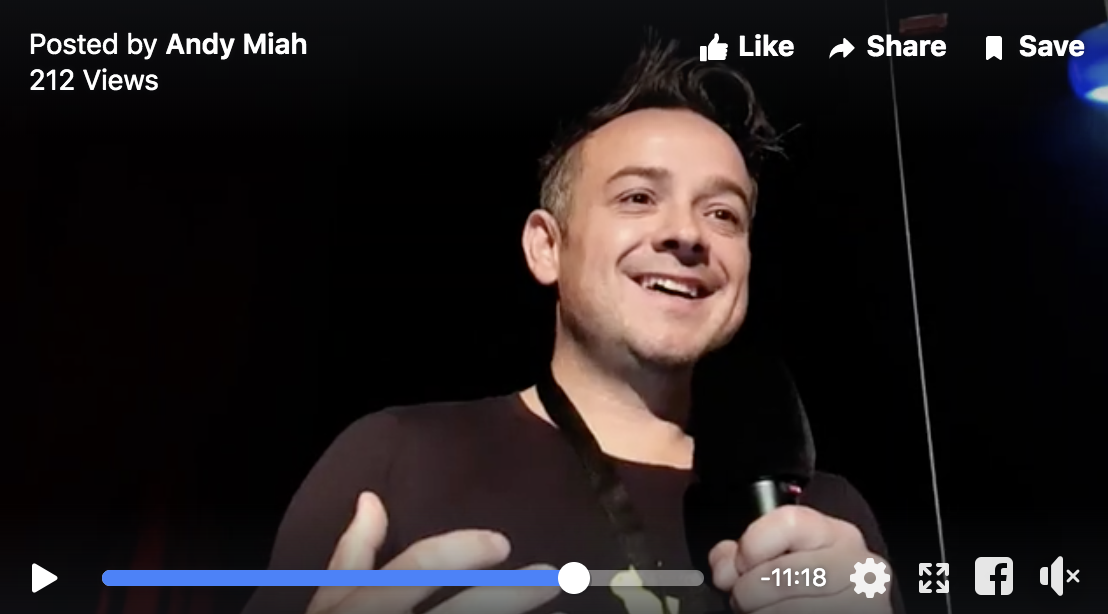
Make it stand out
What’s been happening?

Good Science Begins with Communication

Back to the Future Today

Can a six-second movie be considered art?
Human Centipede
The next trending film on Twitter after Inception will be this, the most horrific film ever made. Take a look at some of the issues it raises for bioethicists focused on human enhancements.
